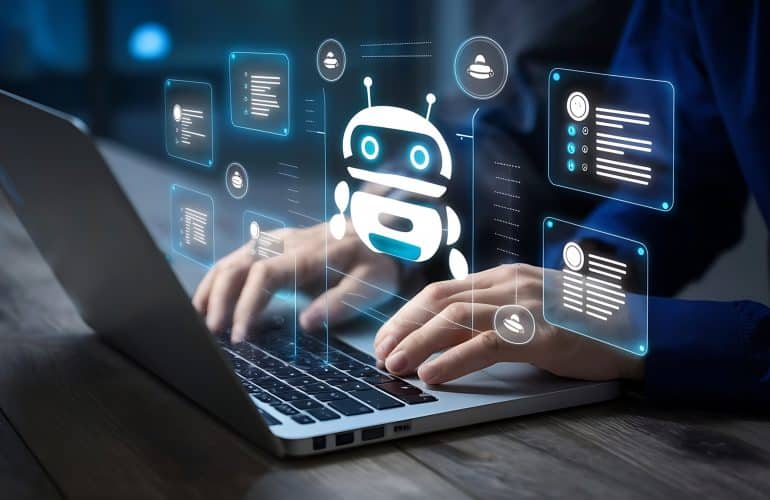Key Takeaways
- HR needs to evolve from traditional roles to support both employees and overall business strategy effectively.
- Strategic HR functions should integrate with leadership roles rather than being siloed into a separate department.
- Emotional intelligence and employee well-being should be at the heart of HR, balancing organizational needs and individual care.
- AI and robust data should be leveraged to enhance HR’s effectiveness in aligning workforce preparation with company goals.
- Engaging employees and connecting them to the company’s purpose and strategy are high priorities for HR leaders.
- Essential HR adjustments include focusing on recruitment, individualized employee management, and simplifying communication.
- Addressing issues such as change fatigue, communication barriers, and workload management can significantly improve HR outcomes.
- CHRO roles have elevated importance, requiring a deeper understanding of employee values and engagement drivers.
- Simplification of processes and communication in HR can alleviate employee exhaustion and improve productivity.
In today’s rapidly evolving corporate landscape, the role of Human Resources (HR) is more crucial than ever. As businesses strive to meet the dynamic demands of a global market, HR must transition from traditional roles towards strategic partnerships within organizations. This transformation is centered around key strategic shifts that not only support business objectives but also nurture employee well-being and engagement.
The New Frontier of HR: Integrating Strategy with Leadership
Historically, HR departments have been viewed as administrative entities supporting the non-core functions of business operations. However, this perception is rapidly changing. Now more than ever, strategic HR functions need to be integrated with leadership roles. By actively participating in strategic decision-making processes, HR can ensure that company goals align seamlessly with workforce capabilities and aspirations. This integration mitigates the risk of HR being isolated and promotes a unified approach to achieving organizational success.
The Human Element: Emotional Intelligence and Well-Being
At the heart of this transformation is the emphasis on emotional intelligence and employee well-being. With organizations facing increased pressure to balance financial goals with social responsibility, HR departments play a pivotal role in fostering an environment where employees feel valued and understood. Emotional intelligence should be a core competency for HR professionals, enabling them to navigate complex interpersonal dynamics and support an inclusive workplace culture.
Harnessing Technology: The Power of AI and Data
Incorporating AI and robust data analytics is another cornerstone of modern HR practices. These tools provide unprecedented insights into workforce dynamics, allowing HR to fine-tune strategies for recruitment, development, and retention. By utilizing AI, HR can predict future workforce needs, identify skill gaps, and optimize resource allocation, ensuring that the workforce is well-prepared to meet current and future challenges.
Engagement and Alignment: Connecting Employees to Purpose
Employee engagement is no longer just a metric; it is a critical driver of business success. Engaging employees by connecting them to the company’s purpose, strategies, and values is high on the agenda for HR leaders. This connection fosters a sense of belonging, motivates employees, and enhances productivity. HR departments must create platforms for open communication and collaboration to nurture this engagement effectively.
Streamlining Processes: Simplifying Communication
One of the most significant challenges facing HR today is communication barriers. In an era characterized by information overload, simplifying communication channels is essential to prevent employee burnout and confusion. By reducing the volume and complexity of communications, HR can ensure that employees receive clear, concise, and timely information that is critical to their roles.
The Elevated Role of the CHRO: A Strategic Partner
The Chief Human Resources Officer (CHRO) has emerged as a vital player in the C-suite, driving strategic initiatives that underpin organizational growth. To fulfill this role effectively, CHROs must possess a deep understanding of employee values and engagement drivers. Their insights into the workforce enable them to champion initiatives that reinforce corporate culture, boost morale, and enhance overall business performance.
Tackling Common Challenges: Change Fatigue and Workload Management
As businesses pivot to adapt to changing conditions, addressing change fatigue and workload management is imperative. HR departments can significantly alleviate these issues by streamlining processes, reducing unnecessary workload, and rebalancing resources. By prioritizing simplicity and clarity, HR can create a more sustainable work environment that supports both productivity and employee well-being.




